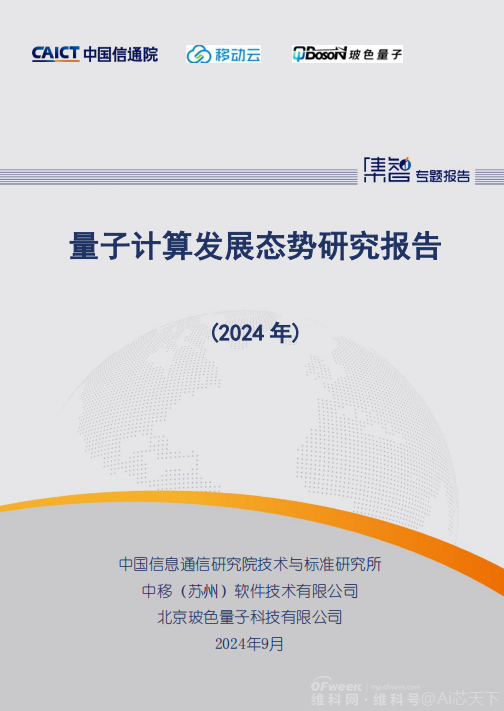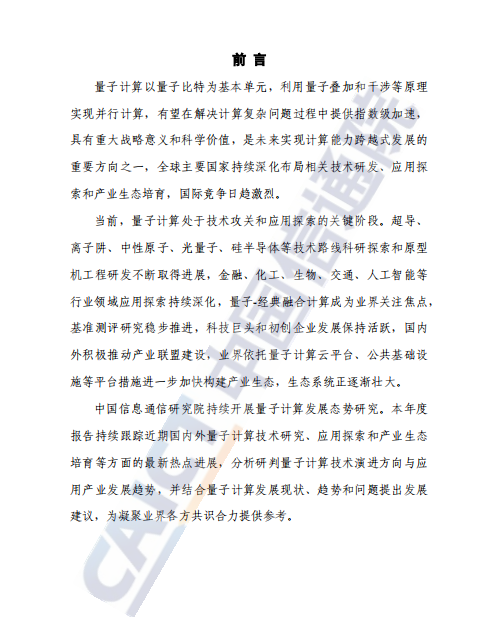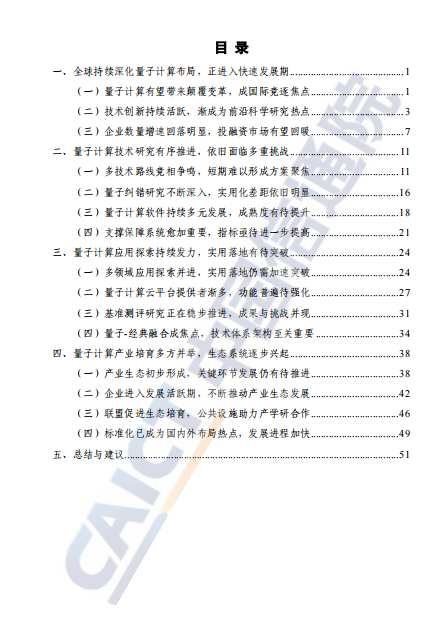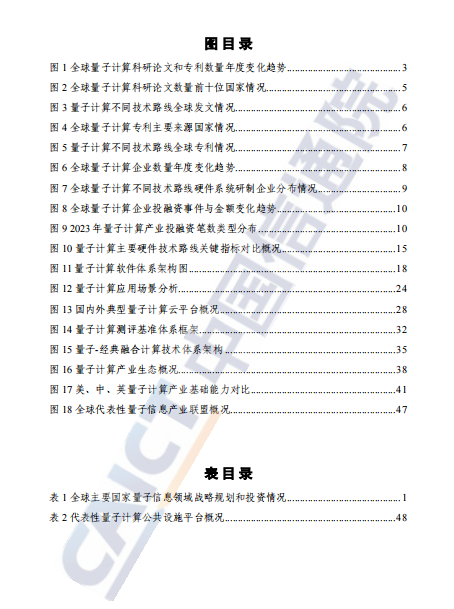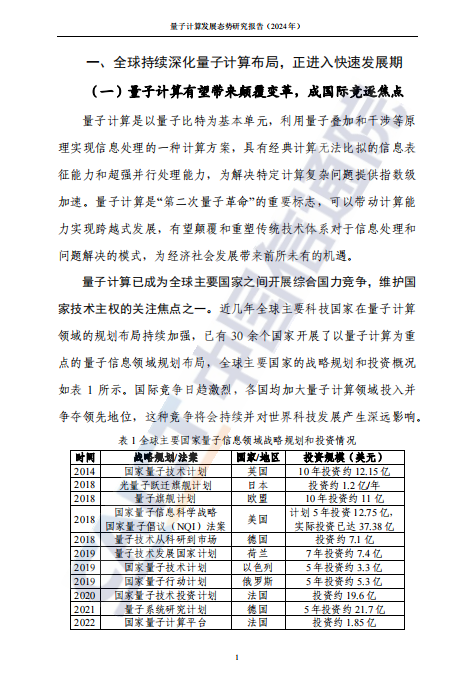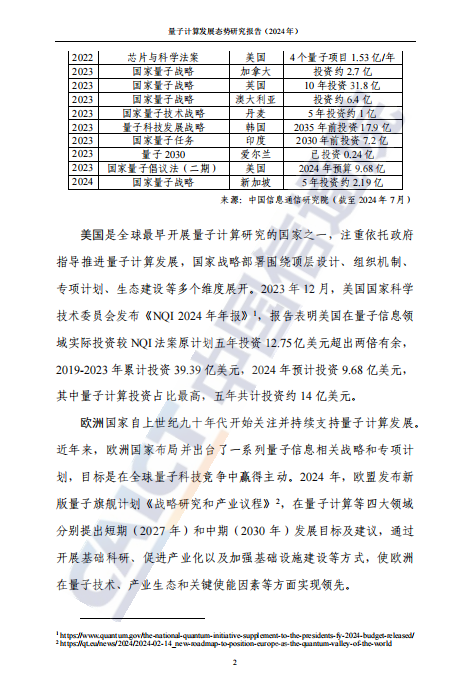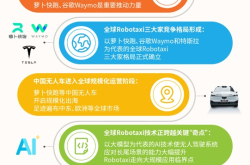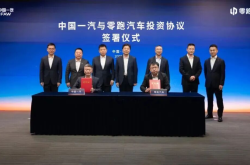2024 Quantum Computing Development Trend Research Report
![]() 10/21 2024
10/21 2024
![]() 597
597
Preface:
At present, quantum computing is in a critical stage of technological breakthroughs and application exploration.
Scientific research explorations and prototype engineering developments are continually progressing along technical routes such as superconductivity, ion traps, neutral atoms, optical quantum, and silicon semiconductors. Application explorations in industries such as finance, chemicals, biology, transportation, and artificial intelligence continue to deepen, and the integration of quantum and classical computing has become a focal point of industry attention.
Author | Fang Wensan
Image Source | Network
In recent years, major global technology countries have continuously strengthened their planning and layout in the field of quantum computing, with over 30 countries having already launched quantum information planning and layout with a focus on quantum computing.
The United States is one of the earliest countries to conduct research on quantum computing globally, emphasizing the promotion of quantum computing development through government guidance. National strategic deployments revolve around multiple dimensions such as top-level design, organizational mechanisms, special plans, and ecosystem construction.
In December 2023, the U.S. National Science and Technology Council released the "NQI 2024 Annual Report," which indicates that actual investments in the field of quantum information in the United States have exceeded the original five-year investment plan of $1.275 billion outlined in the NQI Act by more than two times. Cumulative investments from 2019 to 2023 amounted to $3.939 billion, with an estimated investment of $968 million in 2024, of which quantum computing investments accounted for the highest proportion, totaling approximately $1.4 billion over five years.
European countries have been paying attention to and continuously supporting the development of quantum computing since the 1990s. In recent years, European countries have laid out and issued a series of quantum information-related strategies and special plans, aiming to gain the initiative in the global quantum technology competition.
In 2024, the European Union released a new version of its Quantum Flagship Program, the "Strategic Research and Industrial Agenda," outlining short-term (2027) and medium-term (2030) development goals and recommendations in four major areas, including quantum computing. By conducting fundamental research, promoting industrialization, and strengthening infrastructure construction, Europe aims to lead in quantum technology, industrial ecosystems, and key enabling factors.
China attaches great importance to the development of the quantum information field, represented by quantum computing, and has promoted a comprehensive research layout through the establishment of national laboratories and the implementation of major science and technology projects.
The 2024 "Government Work Report" mentions actively nurturing emerging and future industries, formulating future industry development plans, opening up new tracks such as quantum technology and life sciences, and creating a batch of pilot zones for future industries.
In recent years, more than 20 provinces and cities in China have proposed planning and deployment for quantum computing fundamental research, application exploration, and industrial cultivation in their local "14th Five-Year Plan" science and technology and information technology industry development plans. Measures mainly focus on the directions of quantum computing technology research and development, application exploration, and industrial cultivation.
In addition, countries such as the United Kingdom, Japan, Canada, India, Australia, Denmark, South Korea, Ireland, and Singapore also attach great importance to the development of quantum computing and have successively released quantum information development strategies. They are building quantum computing competitiveness by focusing on areas such as top-level planning, special plans, organizational mechanisms, cutting-edge research, application exploration, industrial cultivation, and talent development.
Below are some excerpts from the "2024 Quantum Computing Development Trend Research Report":
